NCEA results come out tomorrow.
Whether you’re actively dreading it or waiting with bated breath for your NSN login to work – there are a few things to keep in mind that’ll make the whole experience more positive.
Here they are.
1. Grades Don’t Equal Intelligence
We often hear words thrown around like “smart”, especially in relation to school and grades. It’s difficult not to associate our marks with our intelligence. We’re led to believe that we have this genetically predetermined unchangeable ‘IQ’, and what’s more, we can measure it based on what credits we get. This is wrong.
Grades are not indicative of our intelligence, but our strategy. Some of the greatest minds in human history have done way worse than you’d expect at subjects in school, and some of the minds responsible for certain tweets probably did way better.
Instead, how we do in an exam paper has more to do with the strategies we (consciously or unconsciously) used when preparing and sitting it.
One of the biggest indicators of our success in exams? The number of past papers sat.

A lot of us are also guilty of less-than-ideal study strategies, like trying to memorise notes rather than thinking about them in context, or underlining and highlighting rather than testing ourselves. Or using literally any textbook that’s not our Walkthrough Guides for the majority of the year (no shade).
Instead of viewing your results as a commentary on your worth, try and look at it as a reflection of the effectiveness of your preparation and exam technique this past year for those specific subjects.
Maybe you did really well in maths, but not so much in English? This could be indicative of doing more practice problems in exam conditions but skipping that essay-writing practice.
Let’s not forget the year that 2020 was either. Everyone struggled in some way or another. Maybe you had bad wifi at home for school, maybe you struggled to get motivated. Maybe you were just too stressed to give it your all.
While we shouldn’t use 2020 as an excuse for everything, it’s important to take this into consideration before fully spiralling about those small letters attached to your work.
2. Reflect and Strategise
This leads us on really nicely to point numero two: the most important thing you can do when you’ve got your marks.
With the exception of reconsiderations and reviews, you’ve now got those credits for better or worse, and no amount of couples counselling with an NZQA moderator is going to bump that Merit endorsement up.
With the mentality that our grades are more indicative of strategy than intelligence, we actually have an opportunity to use them to get better.
What we’re describing is a growth mindset, as opposed to a fixed one. We all have an unlimited capacity to grow and improve, and our ability to get certain marks is not fixed in place.
However, this requires honest reflection. It’s easy to blame the 2018 maths exam, or your crappy teacher, or maths itself (what a stupid subject anyway, I’ll never use parabolas in my entire life). Believe us: we’ve all been there.
Unfortunately, the blame game doesn’t help.
One of the best things we can do for ourselves and our future success is to take responsibility. It doesn’t matter if things are our fault or not, or we want to or not. Taking responsibility for our situation and potential is the first thing we can do to assess how we got here and how we can get better.
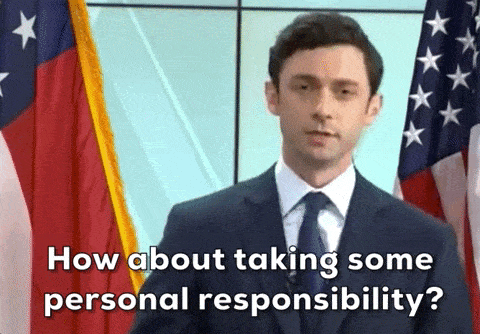
Take a few moments after the adrenaline wears off to reflect on the strategies you used to prepare for exams, sit them, and how much effort you put in during the year.
Ask yourself what percentage of your effort did you put in throughout the whole year? How many times did you hit up your teachers or ask questions or recap topics early?
If we did mint in English but not chemistry, is that really because you’re an ‘English person’ (you’re not), or is it because you just hate chemistry? (it’s that).
Once you’ve honestly reflected on the successes and disappointments, take responsibility for them (someone has to) – and think about how you can improve in 2021.
It doesn’t matter whether you got all E’s or flunked everything: we can all get better.
3. Even the Best Have Bad Days
Whether you’re the heavyweight champion of the world, the tennis GOAT, or you’re really, really good at chess, the best still take L’s.
Take any pro footballer: when they score, everyone wants to name their babies after them; when they miss the winning penalty, they’re called every name under the Sun.
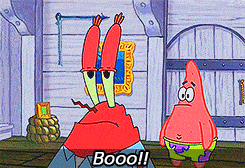
We’re all humans, and one of the unfortunate parts of being human is that we’re not perfect. Don’t worry too much if a couple of papers get you down. It’s okay to not have a perfect record or to get a grade you’re disappointed with at some point.
Education is a long road, and we’re all going to get the odd mark we’re not happy with – but we’re all gonna make it.
4. Externals Are Generally Harder
Although NZQA may not admit it, you’ve got a better shot at an E with your bio teacher who has been looking at your work for twelve weeks, rather than the faceless NZQA marker who’s marking their 212th paper of the day.
Internals also usually give you a much more self-directed schedule. They reward you for putting in more work overtime and asking your teacher questions. Internals are process-driven, rather than turn-up-on-the-day-and-pray.
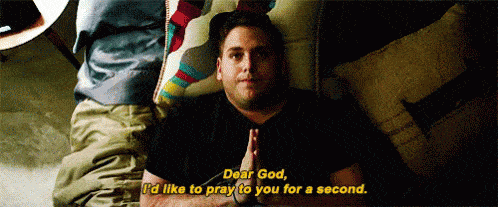
More often than not, your teacher has also directed the class on what they want, and they’re not trying to hit a bell curve with thousands of exams.
All this means that it’s generally easier to build up solid credits throughout the year rather than get a whole lot of back-to-back E’s in November when you’re time-pressured and sweaty.
This does go back to strategy, though, so don’t take this as an excuse to not put in that #grind.
5. Evaluate Your Subjects
There’s no more perfect time to re-evaluate your life decisions than when you’ve got all your marks in front of you.
Speaking from personal experience, we sometimes take subjects out of habit, or our mates, or because we think we should, rather than what interests us.

Take the subjects that interest you. You’ll do better.
If you found yourself struggling with a subject, and upon reflection, you’ve realised it’s because you really hate that subject, have a think about why you’re doing it in the first place. If you really enjoyed English, maybe you’ll enjoy Classics too.
6. The Bigger Picture
We’ll be honest. We don’t know how many E, M, and A credits we got in Level 2 Chemistry. All of us at StudyTime have done the school dash and we can say with confidence that some things just haven’t shaped us in the way that we thought they would.
However, what is far more important in the bigger picture is the skills and strategies you learn and practice. As well as the overall effort you put in – this is what will matter when the exams come back around or if you move on to tertiary study.
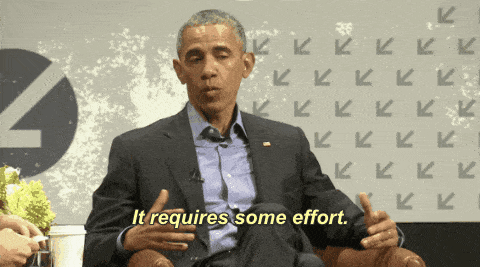
Instead of individual results, focus on what you’ve learnt from your marks this year, and what they tell you about how you applied yourself and where your strengths and weaknesses were.
Focus on continuing on the former and working on the latter, and that NA in that one chemistry paper will fade into the abyss of things we’ll forget. Like drop-crotch pants and what happened at the junior dance that one time.
7. It’s a New Year
As is usually the case with years, 2020 has ended, and we’re in uncharted territory now. It’s 2021, and 2021 will be whatever we make it.
Who knows what 2021 will bring, but we’ve got a whole lot of months to make it different from last year.
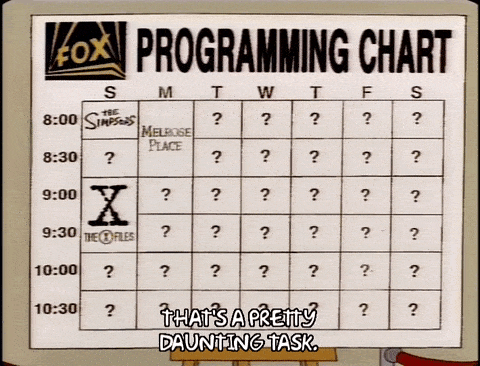
In 2021, let’s leave self-deprecating energy behind us.
We’ll save you all the new year, new you stuff to your Instagram feed. But it is true that right now is the best time to evaluate how far you’ve come, set new goals, and decide what you want to achieve this year. It will only be different if you make it different. x
Final Spiel
And the last thing to remember before NZQA results come out: StudyTime is with you every step of the way.
Good luck, and maybe schedule a beach day with your homies tomorrow.
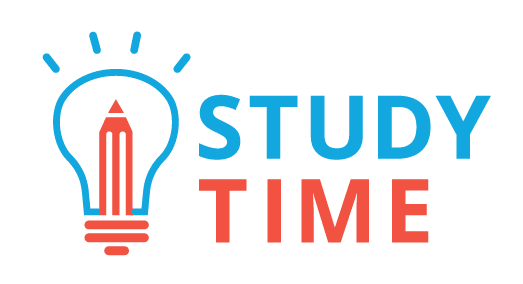
0 Comments